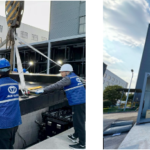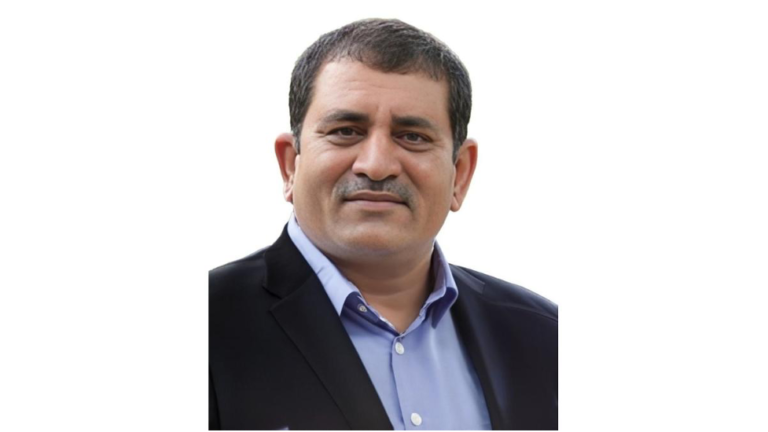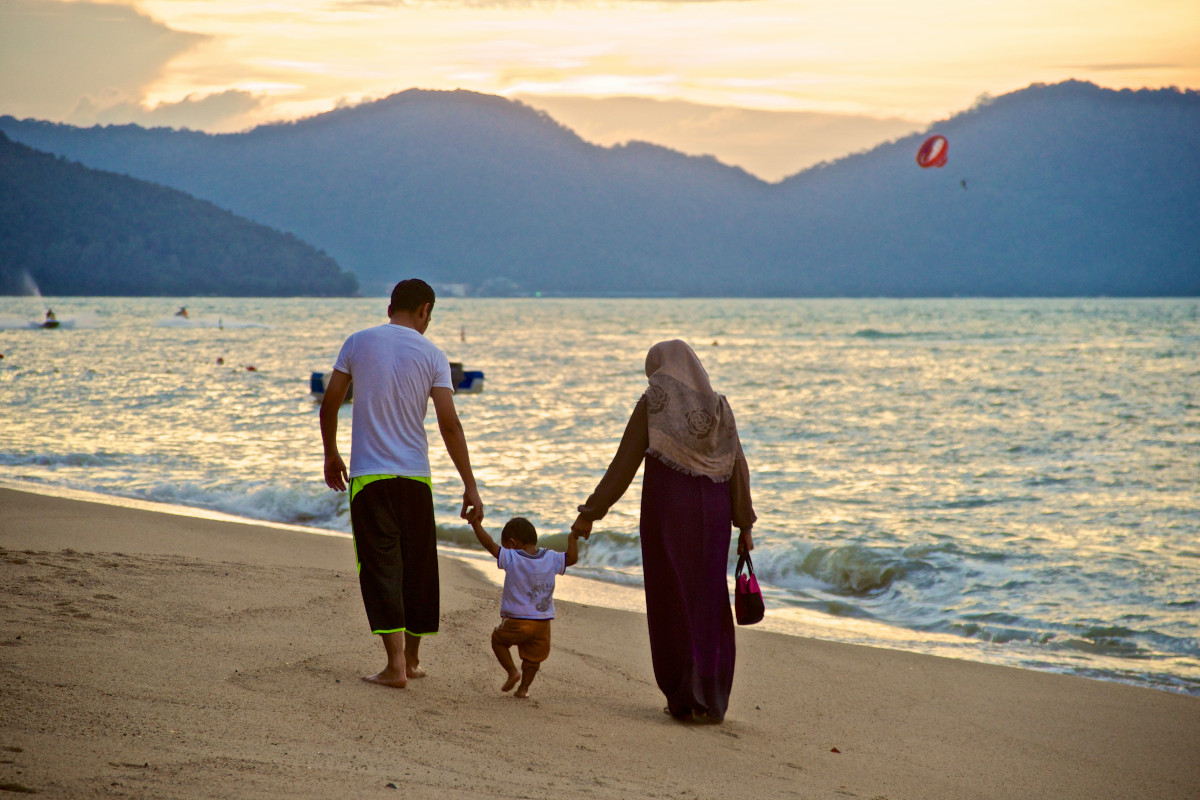
Malaysia’s child safety crisis and the forgotten first school
By Khalidah Adibah Sahar and Maisarah Hasbullahw
Malaysia is grappling with a disturbing rise in crimes involving children—bullying, sexual assault, and even murder—within schools and communities once considered safe. Recent cases, such as the gang rape of a teenage girl in Melaka and the fatal stabbing of a student in Damansara, have shocked the nation and ignited urgent calls for reform. These incidents are not isolated; they reflect a deeper moral and social breakdown that cannot be solved by institutional measures alone. While schools and authorities must strengthen safety protocols, the heart of the solution lies in a timeless truth: Al-Umm Madrasatul Ula—the mother is the first school.
This prophetic wisdom reminds us that tarbiyah, or moral and spiritual upbringing, begins at home. Before a child learns arithmetic or science, they absorb values from their parents—compassion, discipline, empathy, and respect. In today’s fast-paced, digitally saturated world, many children are left to navigate complex emotional and social landscapes without adequate guidance. Parents, overwhelmed by work and societal pressures, may unintentionally outsource moral education to schools, peers, or screens. But no institution can replace the nurturing presence of a parent who models prophetic character and creates a safe space for emotional growth.
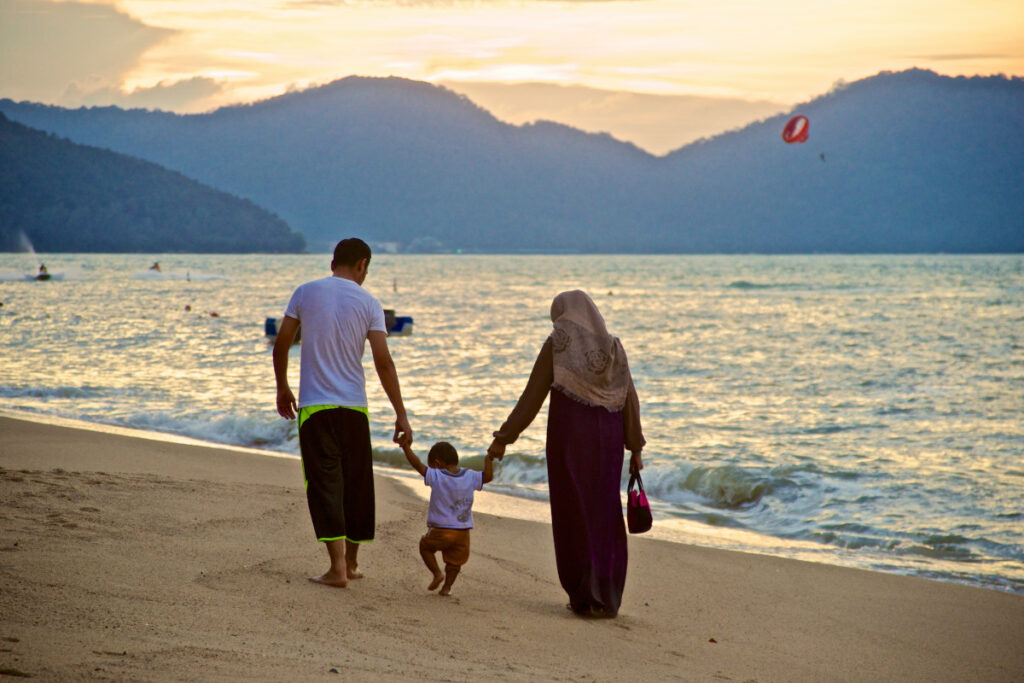
The rise in child-related crimes also points to a crisis of amanah—trust and responsibility. When homes fail to instill boundaries and spiritual awareness, children become vulnerable to peer pressure, online exploitation, and emotional instability. The home must be a sanctuary of trust, where Quranic stories and prophetic teachings are not just recited but lived. A mother who teaches her child Surah Yusuf with tenderness and reflection is shaping a soul that will resist cruelty and seek beauty in adversity. A father who listens, guides, and disciplines with mercy is building resilience and integrity.
To address this crisis, Malaysia must go beyond reactive policies and embrace proactive parenting. Community programs should empower parents with tools for spiritual and emotional education. Schools must integrate akhlaq (morality) and taqwa (god-consciousness, piety or God fearing) into their culture—not just as subjects, but as guiding principles. Media campaigns should celebrate parenting as a sacred duty, not a burdensome task. And most importantly, society must reframe success not in grades or achievements, but in character and compassion.
This moral revival must also be anchored in sustainability lifestyle. A safe and nurturing home is not just a short-term solution—it is the foundation of a resilient society. Sustainable parenting means investing time, emotional presence, and spiritual guidance consistently, across generations. It means designing family routines, community programs, and educational systems that prioritize long-term well-being over short-term performance. Just as environmental sustainability calls for stewardship of the earth, sustainability lifestyle calls for stewardship of the soul. When homes become madrasahs (a place of learning) of mercy and wisdom, they produce children who care for others, protect the vulnerable, and build communities of trust.
As Malaysia mourns its losses and seeks a path forward, let us remember: Tarbiyah begins at home. Al-Umm Madrasatul Ula. And from there, the ummah rises—sustainably, spiritually, and securely.
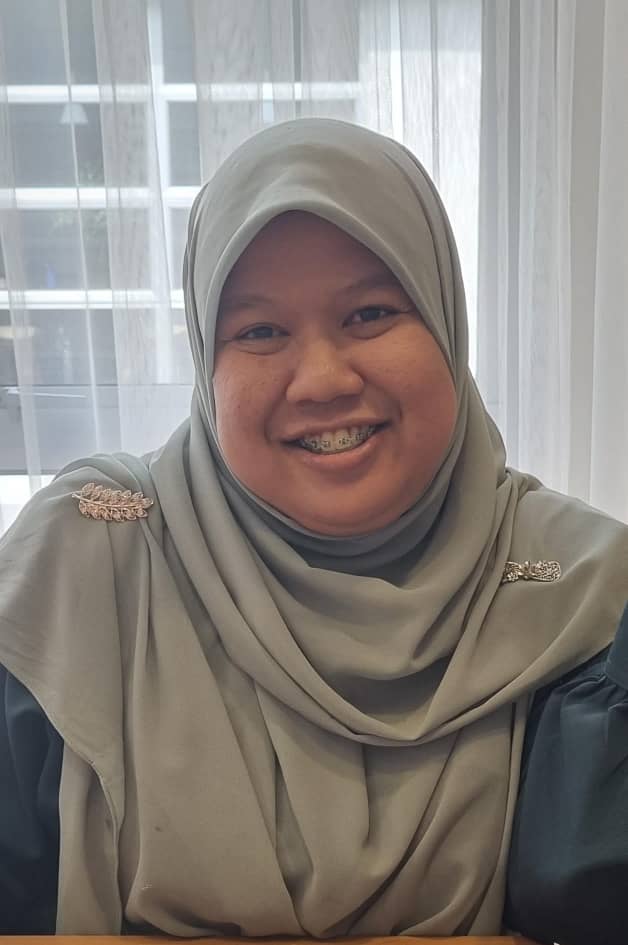
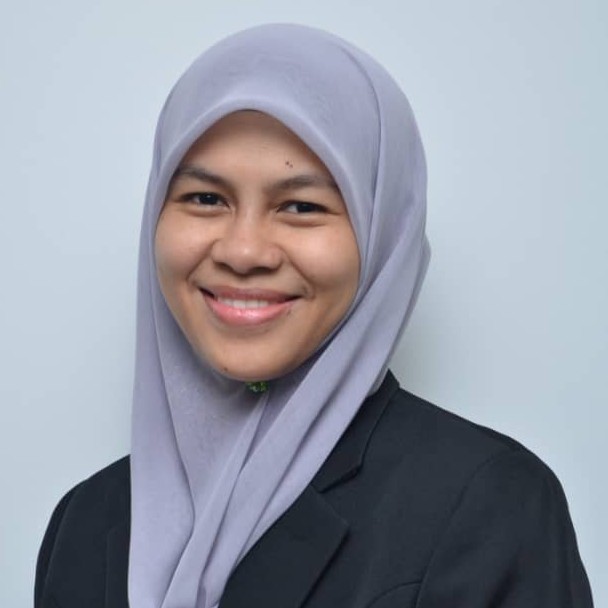
Dr Khalidah Adibah Sahar and Dr Maisarah Hasbullah are affiliated with the Department of Science and Technology Studies, Faculty of Science, Universiti Malaya












